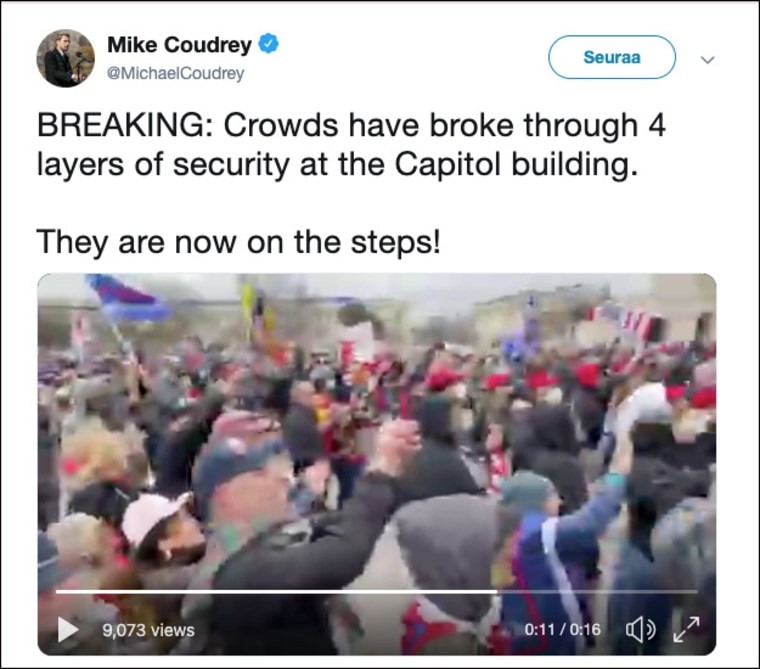Jonathan Chait at NYMag said:
The main argument used against Biden’s plan was that it would worsen inflation. Most of them scolded Biden for ignoring the sage insights of Larry Summers. Here, to take just one example, is conservative pundit Marc Thiessen: Biden signed an economic stimulus in March 2021 “despite warnings from even liberal economists, such as former Treasury secretary Lawrence H. Summers, who cautioned the president that his plan would ‘set off inflationary pressures of a kind we have not seen in a generation,’” Thiessen scolds. “The first rule of holes is: When you are in one, stop digging. So, when you are in a hole of spiraling inflation, the obvious first step is: stop spending.”
Later in the same column, Thiessen switches metaphors, scolding again, “But instead of trying to tamp down the flames, Biden keeps trying to pour gasoline on the inferno, with more spending and more free money from Washington.” The tone of this column, like many of the right-wing polemics, is one of incredulous condescension. Biden is such a blithering idiot that he is ignoring the obvious conclusion and instead digging holes and pouring gasoline or whatever.
Whatever the case against Build Back Better, this was not it. The American Rescue Plan did contribute to inflation. Its purpose was to stimulate demand by injecting deficit-financed spending into the economy. Build Back Better had a different purpose: to address social needs over a long period of time and finance that spending through taxation.
Spending financed by new taxes is not inflationary. That is why Summers himself endorsed Build Back Better. Yet conservatives spent the better part of a year citing Summers as the authority on why Biden’s long-term plans would cause inflation, oblivious to the fact that any economist, very much including Summers, would say otherwise.
In deference to public concerns about inflation, Manchin ultimately reshaped the last version of the bill as an anti-inflationary measure. The plan would have raised $1 trillion in new revenue (or reduced spending) and used half the proceeds for deficit reduction. This would not have had a large effect on inflation, but there is no question that, directionally, it would place downward pressure on prices.
Conservatives simply refused to acknowledge this aspect of the plan at all. In the end, even Manchin himself abandoned his own plan, which was designed in part to reduce inflation, on account of inflation, which is like deciding not to cut greenhouse-gas emissions because it’s too hot.
Playbook reports, via a source close to Manchin, “when the 9.1% inflation number was released Manchin just said to Schumer, ‘Why can’t we wait a month to see if the numbers come down structurally? How do you pour $1 trillion on that tempo with inflation?’”
Remember, $1 trillion is not the size of the spending in the bill; $1 trillion is the size of the revenue. That’s the pay-for aspect of the bill Manchin insisted on maintaining in order to fight inflation. The $1 trillion would not be poured onto economic growth. It would be poured out of economic growth.
In the end, Biden’s attempt to enact permanent social change died in an atmosphere in which the most ignorant fallacies carried the day.

 Help
Help



 A man who appears to be Doug Mastriano takes photos or video with his cellphone near the steps of the U.S. Capitol on Jan. 6, 2021.@MichaelCoudrey via TwitterOnline sleuths also identified a video
A man who appears to be Doug Mastriano takes photos or video with his cellphone near the steps of the U.S. Capitol on Jan. 6, 2021.@MichaelCoudrey via TwitterOnline sleuths also identified a video 
